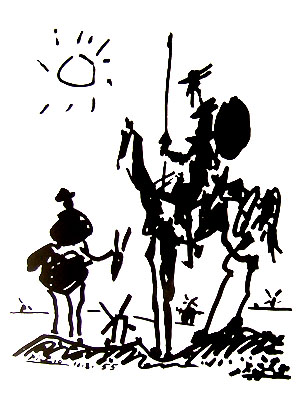Humanistic Psychology
Humanistic psychology is a perspective of human functioning that posits that the virtues of equality,respect, autonomy, non-competition, self-awareness, spirituality, empathy, creativity, and meaning are the conditions and the proof of emotional well-being. Most psychotherapy performed at the end of the twentieth and beginning of the twenty-first century draws strongly from humanistic elements. Because it is based on virtues, it is aspirational in nature and appeals strongly to those who want to lead an intentional and well-examined life.
Whereas the humanist tradition concentrates on what differentiates humans from other animals, the Reich and Lowen tradition gives a fair amount of attention to shared functions among humans and other animals. This is not to say it takes a position that humans are merely just animals, but rather that aspirational qualities of humans are properly functional only when occurring on top of reasonable vitality.
But while the two traditions have some incompatibilities, it cannot be denied that all human growth work benefits from the immense wisdom in intentional strategies developed by humanistically-minded workers, including Adler, Fromm, Horney, Maslow, Frankl, Rogers, etc... This section of the website is intended to contain those strategies and concepts that do not rise directly from the energetic point of view, but which are nonetheless relevant to building contact and a strong sense of self. In our increasingly power- and production-oriented culture, even many formerly mainstream practices like play, cooperation, ritual, and solitude are being squeezed out.
